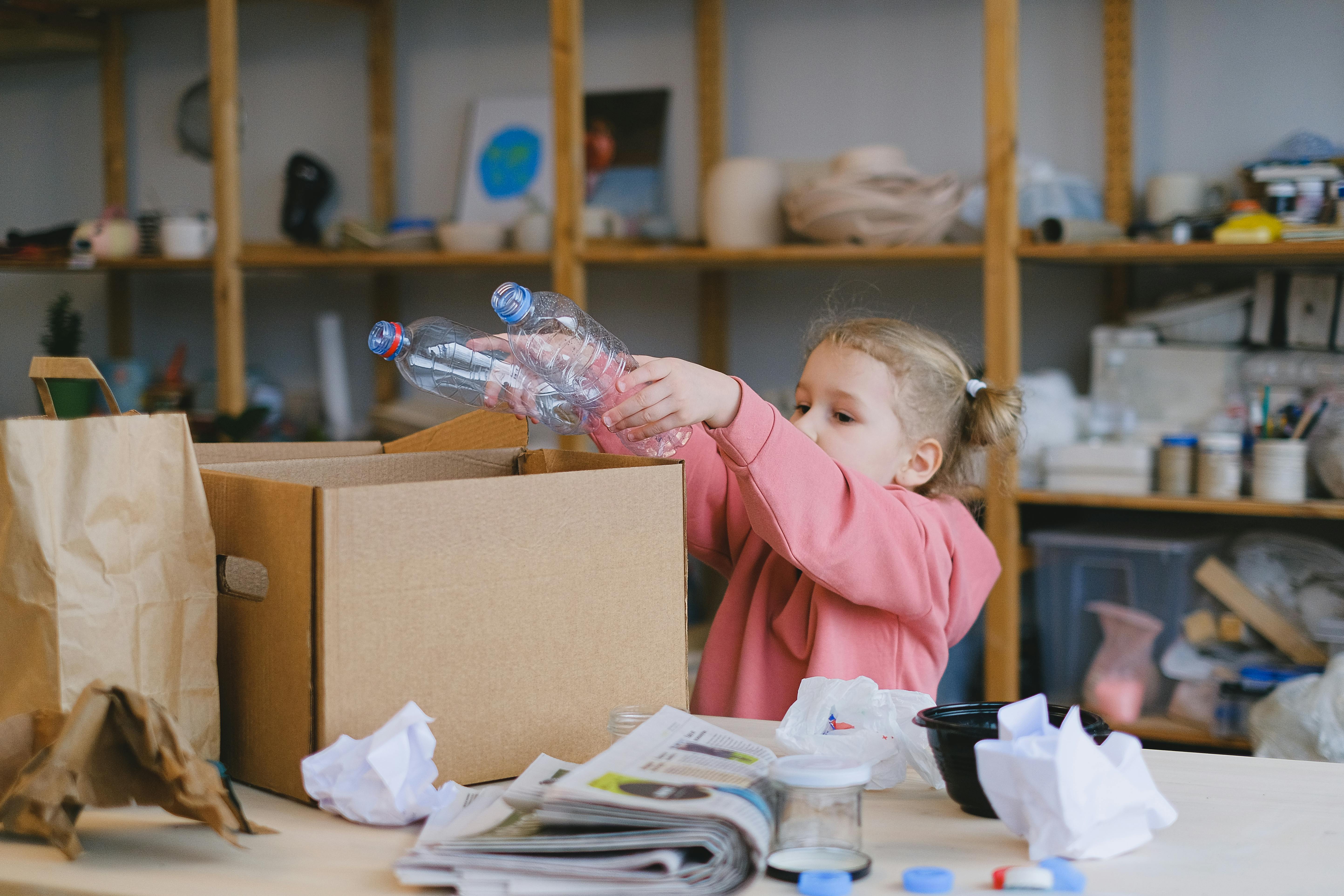As environmental concerns continue to rise, understanding the impact of our daily choices, especially in terms of what we buy and dispose of, is more crucial than ever. Recyclable items are at the forefront of this eco-conscious movement, offering a path towards sustainability that can significantly reduce our ecological footprint. This article explores the importance of these items and how they contribute to a greener planet.
- What are Recyclable Items?
- Benefits of Recycling
- Common Recyclable Items
- Tips for Effective Recycling
- Challenges and Solutions in Recycling
What are Recyclable Items?

Recyclable items are materials that can be processed and reused in the manufacturing of new products. These items, often made from glass, paper, metal, and certain plastics, can be remade into new items, reducing the need to deplete more natural resources. Understanding which products are recyclable is key to effective waste management and environmental conservation.
Benefits of Recycling
Recycling brings numerous environmental and economic benefits. It conserves natural resources, reduces the need for landfill space, decreases energy usage in manufacturing, and lowers greenhouse gas emissions. Economically, recycling can create jobs in the processing and manufacturing industries related to recyclable items.
Environmental Impact
One of the most compelling reasons to recycle is to preserve natural resources and minimize environmental degradation. By recycling, we reduce the extraction of raw materials, protect natural habitats, and decrease pollution.
Economic Advantages
Recycling not only helps the planet but also boosts the economy. It stimulates the development of greener technologies and promotes a sustainable model of production and consumption.
Common Recyclable Items

Everyday items like aluminum cans, plastic bottles, paper, and glass containers are commonly recycled. However, the list of recyclable items continues to grow as technology advances. Items such as electronics, batteries, and even certain types of furniture can now be recycled.
Tips for Effective Recycling
To make the most of recycling, it is important to know how to recycle properly. Sorting recyclable items correctly, cleaning containers, and removing non-recyclable components can enhance the efficiency of recycling processes.
- Understand local recycling rules: Different areas have different recycling guidelines which can impact what materials are accepted.
- Avoid wish-cycling: Placing non-recyclable items in the bin can contaminate the recyclable materials, making the whole batch unusable.
- Educate others: Share knowledge about recycling with friends and family. The more people participate, the more effective it becomes.
Challenges and Solutions in Recycling
Despite its benefits, recycling faces several challenges like contamination of recyclable materials, inconsistent collection services, and public unawareness. Addressing these challenges requires cooperation between governments, communities, and individuals to enhance recycling systems and education.
In conclusion, integrating recyclable items into our daily routines is not just beneficial, it’s essential for sustainable living. By becoming more mindful of what we dispose of and how we do it, we can all contribute to a healthier planet. Start exploring and using recyclable items today, and take a step towards a greener tomorrow.
Discover the importance of recyclable items for a sustainable future. Learn about common recyclable materials, benefits, and effective recycling tips.

